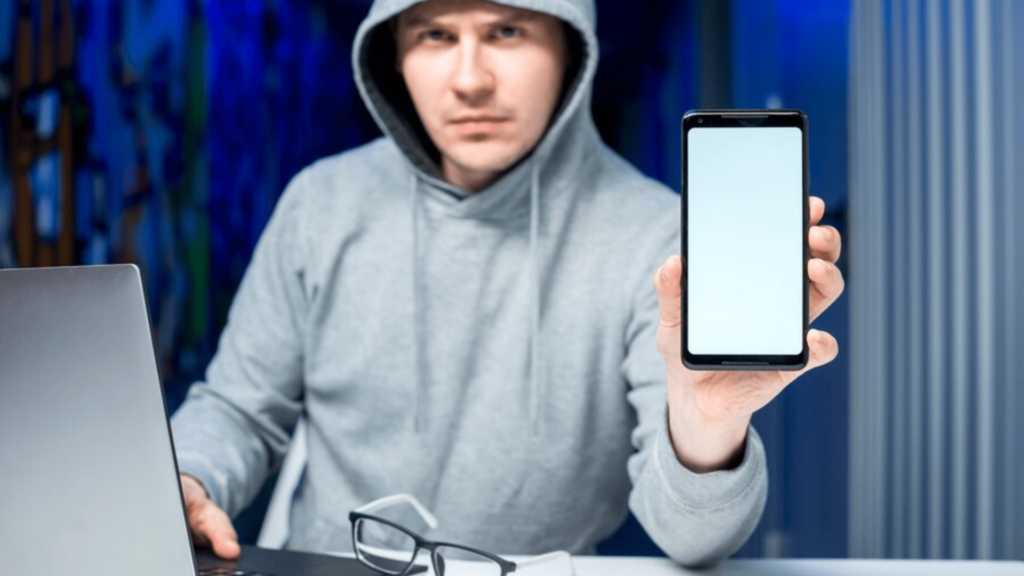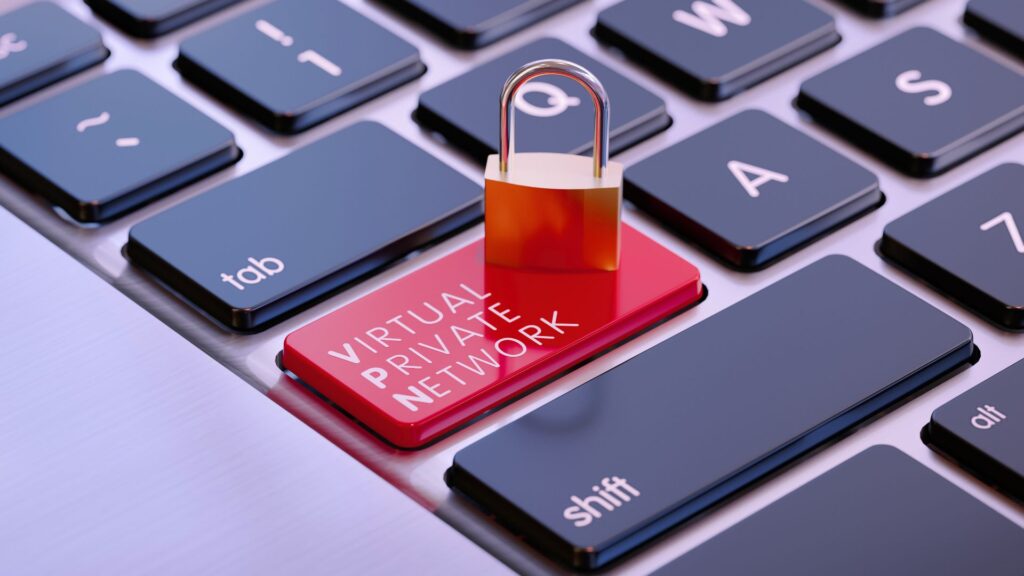In today’s digital age, mobile phones have become an indispensable part of our lives. They store a wealth of personal information, such as contacts, messages, photos, and even financial information. However, this convenience comes with a cost – the risk of privacy breaches. Cybercriminals are always on the prowl to steal sensitive information and use it for their own gain. In this article, we will learn how to protect your mobile phone privacy with privacy protection tips.
1. Use a Strong Password
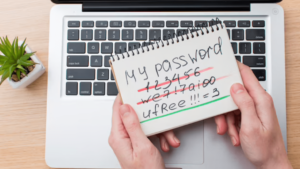
The first and foremost step to protect your mobile phone privacy is to use a strong password. A strong password should be at least eight characters long and include a mix of uppercase and lowercase letters, numbers, and symbols. Avoid using easily guessable passwords such as “123456” or “password”.
2. Enable Two-Factor Authentication
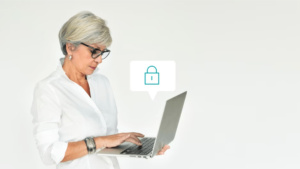
Two-factor authentication is an additional layer of security that adds an extra step to the login process. It requires you to provide a second form of authentication, such as a fingerprint or a code sent to your phone. Enabling two-factor authentication can prevent unauthorized access to your mobile phone.
3. Keep Your Operating System and Apps Up-to-Date
Mobile phone operating systems and apps often release updates that include security patches to fix vulnerabilities. It is important to keep your mobile phone operating system and apps up-to-date to stay protected from the latest security threats.
Related: How to catch wi-fi signals from long distance
4. Use a VPN

A virtual private network (VPN) encrypts your internet traffic and routes it through a secure server. This can prevent hackers and other malicious actors from intercepting your internet traffic and stealing your personal information.
5. Use Encryption
Encryption is the process of converting data into a secret code to prevent unauthorized access. You can use encryption to protect your sensitive data such as messages, files, and photos. You can also enable encryption on your mobile phone to protect your entire device.
Related: 10 must-have mobile phone accessories
6. Avoid Public Wi-Fi
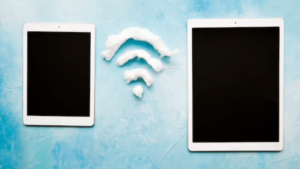
Public Wi-Fi networks are often unsecured and can expose your mobile phone to cyber threats. Avoid connecting to public Wi-Fi networks, or use a VPN to encrypt your internet traffic if you must connect to a public Wi-Fi network.
7. Be Careful with Your Personal Information

Be cautious about the personal information you share on your mobile phone. Avoid sharing sensitive information such as your financial information or social security number on unsecured websites or apps.
8. Use Anti-Virus App
Anti-virus apps can protect your mobile phone from malware and other cyber threats. Install reputable anti-virus software on your mobile phone and keep it up-to-date.
9. Use Privacy Settings
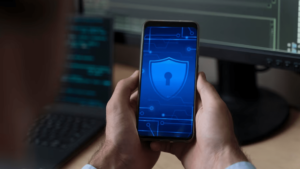
Mobile phone operating systems and apps often offer privacy settings that allow you to control the information that is shared with third-party apps and services. Use these privacy settings to limit the amount of personal information that is shared.
10. Be Cautious with Third-Party Apps
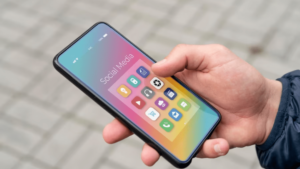
Be careful when downloading and using third-party apps on your mobile phone. Third-party apps can often collect sensitive information and share it with advertisers and other third-party services. Only download and use apps from trusted sources.
11. Disable Geolocation Services

Mobile phones often use geolocation services to track your location. Disabling geolocation services can prevent apps and services from tracking your location and collecting personal information.
12. Use a Mobile Device Management (MDM) Solution
Mobile Device Management (MDM) solutions can help protect your mobile phone privacy by providing a centralized platform for managing and securing mobile devices. MDM solutions can also help enforce security policies and control access to sensitive information.
13. Back Up Your Data
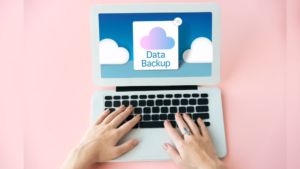
Regularly backing up your mobile phone data is important to ensure that you do not lose any important information in case your device is lost, stolen, or damaged. You can use cloud-based services such as Google Drive or iCloud to back up your data automatically.
14. Delete Unused Apps and Data

Deleting unused apps and data can help reduce the risk of privacy breaches. Unnecessary apps and data can contain sensitive information that can be accessed by cybercriminals.
15. Educate Yourself on Mobile Phone Privacy
Finally, it is important to educate yourself on mobile phone privacy. Stay informed about the latest threats and vulnerabilities, and learn how to protect your mobile phone privacy from them. Read articles and blogs, and follow trusted experts on social media to stay up-to-date on mobile phone privacy.
Final Thoughts
In conclusion, mobile phone privacy is a critical issue that should not be taken lightly. By following these mobile phone privacy protection tips, you can protect your personal information and reduce the risk of privacy breaches.
Remember to use a strong password, enable two-factor authentication, keep your operating system and apps up-to-date, use a VPN, avoid public Wi-Fi, be cautious with your personal information, use anti-virus software, use privacy settings, be careful with third-party apps, disable geolocation services, use a mobile device management solution, back up your data, delete unused apps and data, and educate yourself on mobile phone privacy. Stay safe, stay vigilant, and protect your privacy.
FAQs
What is mobile phone privacy, and why is it important?
Mobile phone privacy refers to the protection of personal information stored on a mobile phone. It is important because it can prevent cybercriminals from stealing sensitive information and using it for their own gain.
What are some common mobile phone privacy threats?
Some common mobile phone privacy threats include malware, phishing attacks, unsecured Wi-Fi networks, and unauthorized access to personal information.
How can I protect my mobile phone privacy while using social media apps?
You can protect your mobile phone privacy while using social media apps by using privacy settings to control the information that is shared, avoiding clicking on suspicious links or ads, and being cautious about the personal information you share.
Is it safe to download and use third-party apps on my mobile phone?
It is safe to download and use third-party apps on your mobile phone, as long as you only download and use apps from trusted sources and are cautious about the permissions you grant.
Can mobile device management solutions help protect my mobile phone privacy?
Yes, mobile device management solutions can help protect your mobile phone privacy by providing a centralized platform for managing and securing mobile devices, enforcing security policies, and controlling access to sensitive information.
If you enjoy reading this article please share it with others. Thanks

